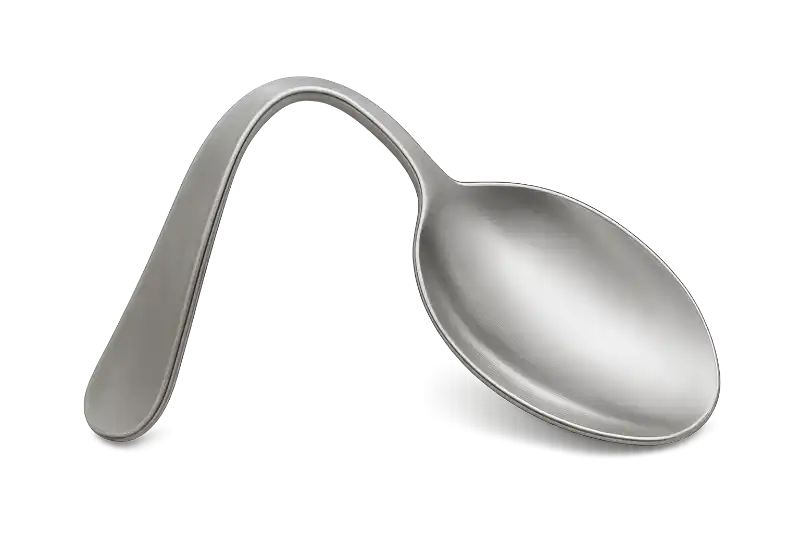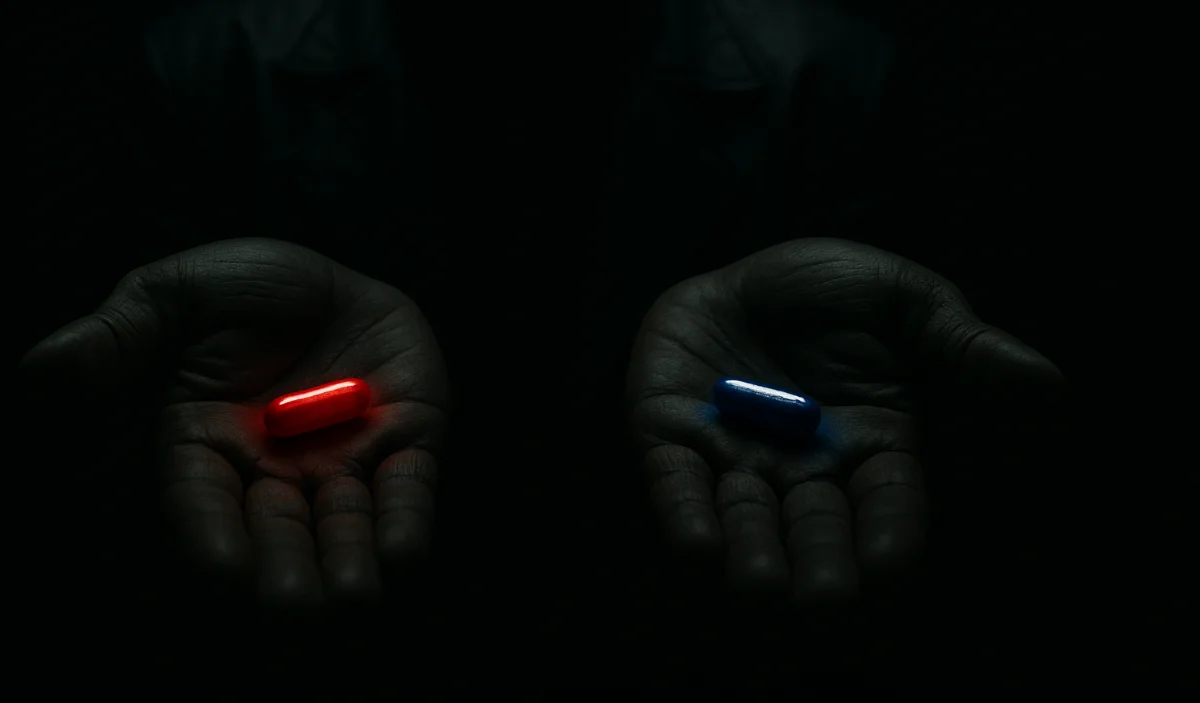The Matrix
The first time I watched The Matrix in the late 90s, I walked out of the theater dazed. The leather coats, the slow-motion bullet time, and the techno soundtrack were cinematic thrills, but what lingered was a more profound discomfort, “Was this just a film, or are we in The Matrix?”
That question has followed me every time I’ve rewatched it, and rewatch I have, almost ritually, just as I do with Blade Runner, The Lord of the Rings, Gladiator, Inception, Interstellar, etc. Some films stop being mere entertainment and become checkpoints in life. The Matrix is one of them.
Rewatch Rituals
For years, I’ve cycled through certain films like seasonal rites. Gladiator is for remembering courage in the face of fate. The Lord of the Rings rekindles faith in long journeys and fellowship. Blade Runner poses the eternal question of what it means to be human in a world of machines. Inception reminds me that dreams are fragile, layered, and often indistinguishable from waking life. Interstellar balances cosmic despair with the simple, stubborn persistence of love.
And then there’s The Matrix. Unlike the rest, it insists on disturbing my comfort. Watching Neo wake to a fabricated world hits differently each decade. In my twenties, it was the fantasy of bending spoons. In my thirties, it was the metaphor for breaking free from systems. Today, with AI at the heart of our world, it feels like prophecy.
1999: Fiction at the Edge of the Century
Released in 1999, The Matrix carried the anxieties of a millennium closing in. The internet was still clunky dial-up, Y2K loomed, and the dot-com bubble had not yet burst. Against this backdrop, the Wachowskis gave us a story about machines farming humans inside a perfect simulation. The choice between red pill and blue pill was a cultural riddle, “Do you accept comfort and illusion, or risk discomfort for truth?”
Back then, it seemed like edgy science fiction. A cyberpunk thought experiment with kung-fu choreography. The kind of story you could dismiss as imaginative paranoia. Few could have guessed how closely its world would map onto the one we now inhabit.
Today’s AI Reality
The idea of a simulated world no longer feels abstract. Our lives are filtered through algorithms, feeds, and systems that shape perception. We don’t need malevolent agents in sunglasses; the algorithms themselves decide what we see, who we trust, and how we vote.
Look around you;
- Information Flow. Social media bubbles and recommendation engines create tailor-made “Matrixes” for each of us.
- Surveillance. From cameras on every corner to data trails on every app, our actions are mapped and monetized.
- Digital Personas. We curate versions of ourselves online that are often more real to others than our physical selves.
- AI Systems. Language models, automation, and predictive engines guide hiring, policing, finance, and medicine, shaping lives without transparency.
If Neo’s world was a simulation built to pacify, ours is one built to optimize. Optimization for clicks, for purchases, for engagement. Comfort has been replaced by distraction. We are awake, yet never fully aware.
Humanity in a Machine-Shaped World

What does it mean to remain human when experiences can be fabricated? The film’s spoon-bending scene, “there is no spoon”, was once mystical. Today, it feels practical. Deepfakes can invent events that never happened. AI-generated art and text blur originality and authorship. Even memory is malleable, replayed in feeds and “On This Day” reminders.
The Oracle in The Matrix offered cryptic wisdom about destiny and choice. Today, our oracles are algorithms. They tell us what to buy, whom to date, and which route to drive. They are not wise, just statistical. Yet we treat them as if they know us better than we know ourselves.
“May There Be Mercy On Man And Machines For Their Sins.”
Neo’s journey is less about fighting machines and more about rediscovering agency. That lesson lands hard in 2025. Remaining human requires active resistance, not in leather coats and gunfights, but in choosing awareness over autopilot.
Prophecy
The uncanny thing about The Matrix is how its meaning expands with time. At first, it was a rebellion against computers. Now it reads like a manual for living in an algorithmic society.
- AI is Invisible. It doesn’t come with robotic arms; it runs silently in the background, shaping opportunity and behavior.
- Climate is the Subtext. In the film, the world above ground is scorched, lifeless. Today, we face climate crises while entrusting systems to manage carbon markets, energy grids, and food logistics.
- Transhumanism is Mainstream.1 Neural interfaces, simulation theory, and the blending of digital and biological life are no longer fringe ideas. They are startups, research labs, and TED talks.
What seemed speculative in 1999 is now in the news cycle. Every time I rewatch it, The Matrix feels less like fiction and more like an allegory.
Looking back, my relationship with The Matrix has evolved. At release, it was adrenaline and style. Later, it became philosophy. Today, it feels like Reflection.
When I watch it now, I don’t marvel at the bullet-dodging; I think about the quiet horror of being trapped in a system that feels normal. I think about the relief of knowing and the pain that comes with it. And I think about the red pill and blue pill as ongoing choices, not a one-time decision. Every day online, I decide whether to scroll in comfort or question what I’m being shown.
“I don’t like the idea that I’m not in control of my life.”
Rewatching it alongside Interstellar and Blade Runner gives me perspective. Interstellar tells me love is the most stubborn force in the universe. Blade Runner asks me whether my memories make me real. The Matrix insists that reality itself is up for debate. Together, these films are not nostalgia; they are calibration points. They remind me that the world changes, but the questions stay the same.
The Matrix is no longer just a late-90s film about hackers and machines. It is a parable about the 21st century. A warning that technology will shape reality, not just reflect it. A reminder that freedom is not about unplugging once, but about resisting complacency daily.
I keep rewatching because the system keeps evolving. Every year, the film offers new meaning. It is a ritual not of escape, but of orientation.
There is no spoon; but still, there are choices.

-
Transhumanism is a philosophy that seeks to use technology to overcome human limitations in lifespan, intelligence, and well-being. It explores both the benefits and risks of emerging tech like AI, nanotech, and gene editing. One aim is to guide humanity toward a “posthuman” condition, where our capacities are vastly expanded. It also deals with ethical issues about altering what it means to be human. ↩